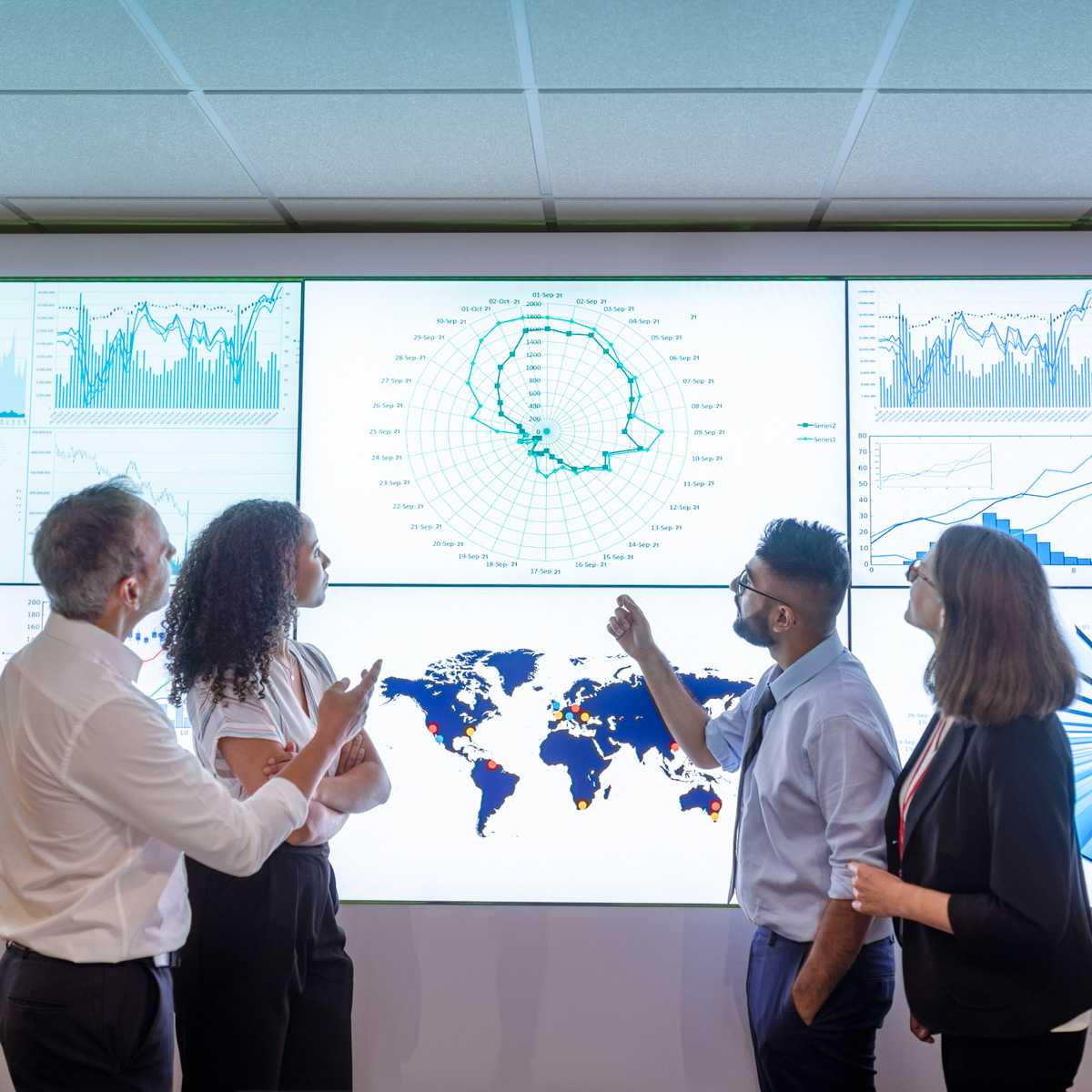

Attentive observers of geopolitics may have spotted a familiar pattern in the global COVID-19 vaccine rollout. With 60% of people in higher-income countries having received at least one dose of a vaccine while lower-income countries have vaccinated only 1% of their population, it is evident that many parts of the world are being left behind in the vaccine race. It’s hard to miss the familiar pattern long stressed by climate activists who have observed that low-income countries are being left behind in the fight against climate change—despite being the most severely affected. With the recent discussions surrounding an in-person COP26 being held in Glasgow this November, these issues are resurfacing at the international level.
The UK Government, host of this year’s long-delayed COP, remains determined to hold the conference in person. This stance has fueled heated discussions about how the risk that lack of access to COVID-19 vaccines for participants from low-income countries could serve to further exacerbate existing inequalities, with those most affected by climate change facing exclusion from the most important conference on climate change. According to a Politico survey, more than a quarter of responding country delegations—all from lower-income countries—anticipate that their delegation will not get access to vaccines by the time the conference takes place.
Despite WHO’s continuous calls for global action to decrease vaccine inequality, an urging increased with support from the COVAX initiative, many developed countries have announced that they are proceeding to offer booster shots to their populations ahead of universal access to first doses. WHO Director-General Tedros Adhanom Ghebreyesus has spoken against higher-income countries, such as the United States and the Member States of the EU, vaccinating children while many lower-income countries have not yet had access to vaccines for their most vulnerable populations.
In a stroke of dramatic irony, the lagging vaccination roll-out is even directly influencing lower-income countries’ responses to the increasingly evident and frequent impacts of climate change. Countries that are now more severely impacted by COVID-19 and lack the tools to keep it in check will not only have higher death and disability rates but will also suffer greater economic consequences from the ongoing effects of the pandemic. Data from WHO shows us that vaccine inequality will undermine the economic recovery of low-income countries, and if these countries had adequate access to vaccines, it would add $38 billion to their GDP forecast for 2021. And in a poignant reflection of both the viral spread of new COVID-19 variants and the global effects of climate change, the consequences of crisis-constricted economies will certainly be felt globally.
Addressing both the pandemic and climate change will require global action. Without increased vaccine solidarity, the pandemic will continue to evolve and spread, affecting low and high-income countries—albeit in unequal ways. Failure to understand that fighting a global pandemic requires global action will prolong the economic and social aftermath of the pandemic for everyone, including wealthy nations. Similarly, global action is needed to tackle climate change and ensure that all countries can be protected from climate threats and benefit from the process of decarbonization.
If the international community is unable to effectively work together to secure vaccines for all in the face of these high stakes, it is tough to imagine that we will be able to succeed at addressing climate change, an issue with interests that are more entrenched, timelines that are longer and the temptation for wealthier countries to shirk their global responsibilities is greater. It is only together that we can confront both crises.
At the same time, the pressure on businesses to act and meaningfully participate and position themselves in global debates has never been higher. They are not only expected to mitigate the pressure their operations exert on the environment, but to actively address and contribute to the debates on the most daunting challenges i.e quests for renewable energy, equal opportunities, health and social welfare, to mention just a few.
Navigating such a complex environment is in itself a challenge for the businesses, in addition to attempting to be active players in addressing global problems. Although the expectations are high, they also yield opportunities for those who choose to engage, address and effectively communicate on global issues. As companies do not operate in a vacuum, being attuned to the social, global and pressing needs, positions them as key valuable players in a rapidly evolving market.
The Covid-19 pandemic is a testimony to this. The past years of the pandemic have clearly shown that the private sector plays a vital part in fighting global problems and its role in global debates around e.g. safety, health and climate is only expected to increase. Moving forward, an effective cooperation and collaboration between the private and public sector will be key to addressing present and future crises.
Related Articles
Looking Ahead: A 2026 Communications and Leadership Outlook
January 27, 2026


